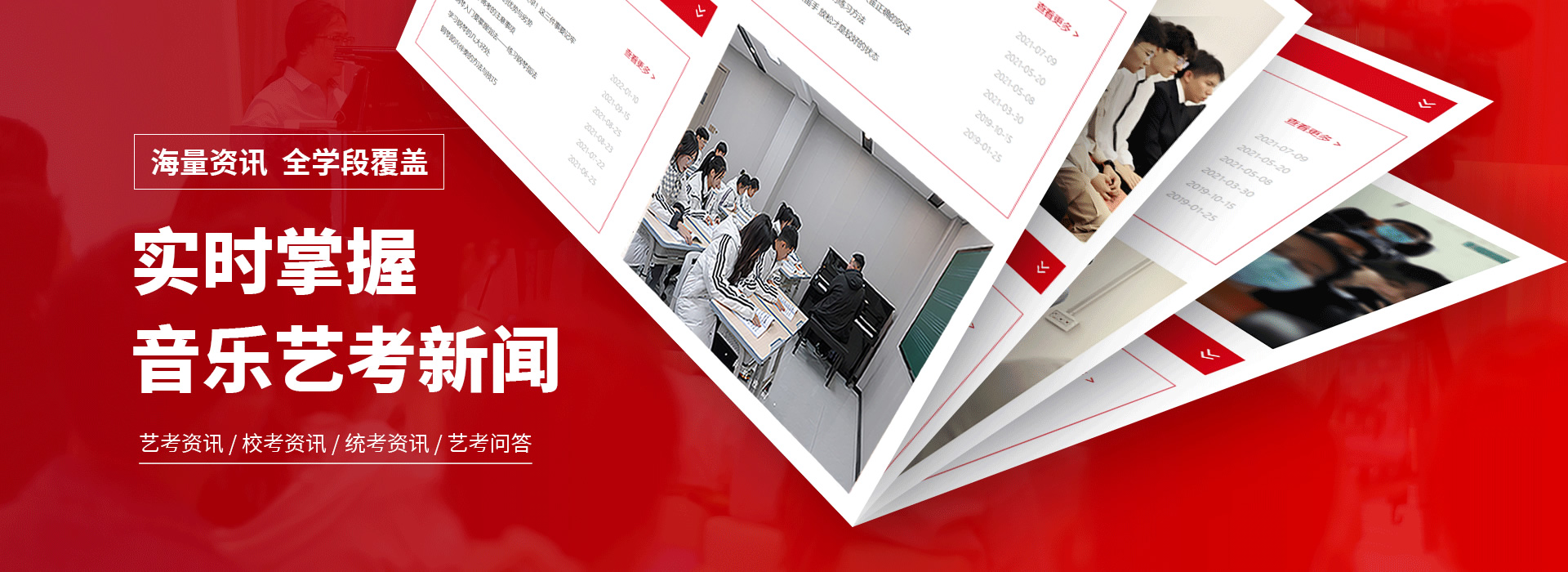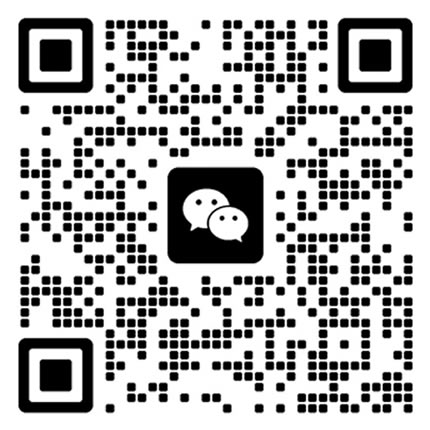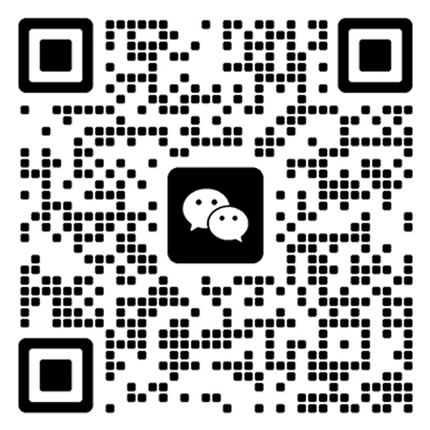
2025-05-10143次招生信息
During the Chengdu training camp, a variety of dance styles were introduced to the participants, each bringing its unique charm and cultural significance. Here are some of the dance genres that were featured:
1. **Chinese Folk Dance**: This traditional dance form showcases the rich cultural heritage of China. It often involves intricate footwork, hand movements, and expressive facial gestures that reflect the customs and traditions of various ethnic groups in China.
2. **Ballet**: Known for its graceful movements and refined technique, ballet is a classical dance form that originated in Italy and gained popularity worldwide. Participants in the Chengdu training camp were exposed to the fundamental steps and poses of ballet, enhancing their overall dance proficiency.
3. **Hip-Hop**: This contemporary dance style originated in the streets of New York City and has since become a global phenomenon. It is characterized by its dynamic moves, powerful footwork, and expressive body language. The camp provided an opportunity for dancers to learn the basic steps and routines of hip-hop.
4. **Jazz Dance**: Jazz dance is a popular and energetic dance form that combines elements of ballet, modern dance, and African dance. It emphasizes individual expression and creativity, allowing dancers to explore their own style and rhythm.
5. **Contemporary Dance**: This genre is characterized by its fluidity, complexity, and emotional expression. It often incorporates a wide range of movement techniques and explores the boundaries between dance and other art forms. Participants were encouraged to experiment with contemporary dance to broaden their artistic horizons.
6. **Tai Chi**: While not a traditional Western dance form, Tai Chi is a form of martial arts that combines slow, deliberate movements with deep breathing and meditation. It is known for its health benefits and is often practiced for its calming and centering effects.
7. **Salsa**: Originating from the Caribbean, salsa is a lively and rhythmic dance style that combines elements of African, Cuban, and Latin American dance. It is characterized by its infectious music, energetic steps, and close partner work.
8. **K-Pop**: K-Pop dance is a popular genre that originates from South Korea. It involves precise and synchronized dance moves that are often accompanied by high-energy music. Participants had the chance to learn some of the most iconic K-Pop dance routines.
The Chengdu training camp provided a diverse and enriching experience for dancers, allowing them to not only master new dance styles but also to appreciate the cultural significance behind each genre. Through this program, dancers were able to expand their artistic repertoire and deepen their understanding of the universal language of dance.
成都,这座历史悠久、文化底蕴深厚的城市,不仅以其美食、美景著称,更是中国舞蹈艺术的摇篮。自古以来,成都人民就热爱舞蹈,形成了丰富多彩的舞蹈文化。本文将为您详细介绍成都的舞蹈。
一、成都舞蹈的历史渊源
成都舞蹈的历史可以追溯到远古时期。据考古发现,成都平原早在新石器时代就有人类活动,当时的人们为了庆祝丰收、祈求平安,便开始用舞蹈来表达自己的情感。在古代,成都舞蹈以民间舞蹈为主,如《巴蜀舞》、《蜀宫乐舞》等。
二、成都舞蹈的种类
1. 民间舞蹈
成都民间舞蹈种类繁多,具有浓郁的地方特色。其中,最具代表性的有:
(1)川剧变脸舞:以川剧变脸艺术为基础,融合舞蹈动作,表现出川剧演员的技艺和情感。
(2)川北民间舞:源于四川北部的民间舞蹈,动作粗犷、豪放,富有浓郁的生活气息。
(3)彝族舞蹈:彝族舞蹈具有鲜明的民族特色,如《彝族火把节》、《彝族跳月》等。
2. 专业舞蹈
成都专业舞蹈历史悠久,拥有丰富的舞蹈资源。其中,最具代表性的有:
(1)四川民族舞:以四川各民族舞蹈为基础,融合现代舞蹈元素,具有浓郁的民族风情。
(2)成都芭蕾舞:成都芭蕾舞历史悠久,培养了一批优秀的芭蕾舞演员。
(3)成都现代舞:成都现代舞起步较晚,但发展迅速,具有独特的艺术风格。

三、成都舞蹈的发展现状
近年来,成都舞蹈事业取得了显著成果。政府高度重视舞蹈事业的发展,投入大量资金用于舞蹈人才的培养和舞蹈活动的举办。成都舞蹈团体在国际、国内舞蹈比赛中屡获佳绩,为我国舞蹈事业做出了贡献。
同时,成都舞蹈市场逐渐繁荣,各类舞蹈表演、比赛、展览等活动层出不穷。舞蹈爱好者可以通过各种渠道了解和学习舞蹈,丰富自己的精神文化生活。
总之,成都舞蹈历史悠久、种类繁多,具有独特的艺术魅力。在新时代背景下,成都舞蹈事业将继续蓬勃发展,为我国舞蹈艺术的发展贡献力量。
2025-05-10
2025-05-10
2025-05-10
2025-05-10

Entry Passage

音/吐/明/畅 扬/帆/起/航

音帆艺考微信咨询

艺考微信咨询
成都市武侯区一环路南一段53-55号(城市音乐厅旁)
400-996-5628 (周一至周日, 24小时服务)
400-996-5628(周一至周日, 24小时服务)
yinfanyayun@qq.com
https://www.arti-sail.com